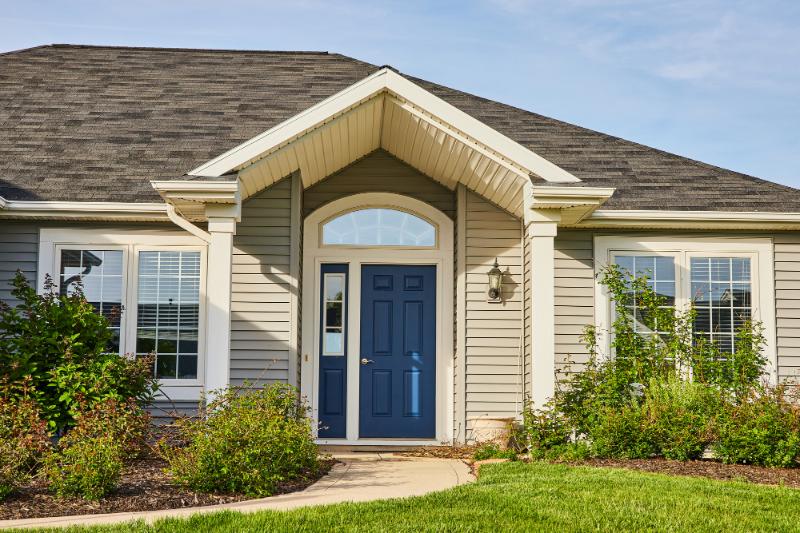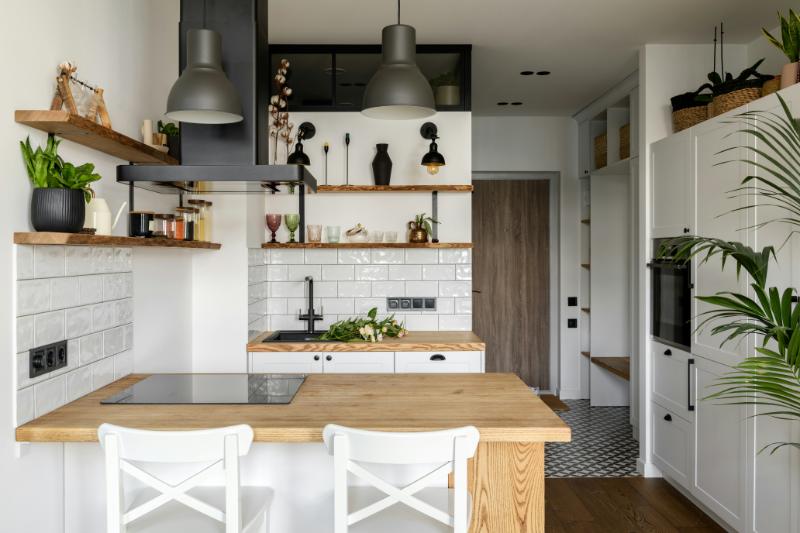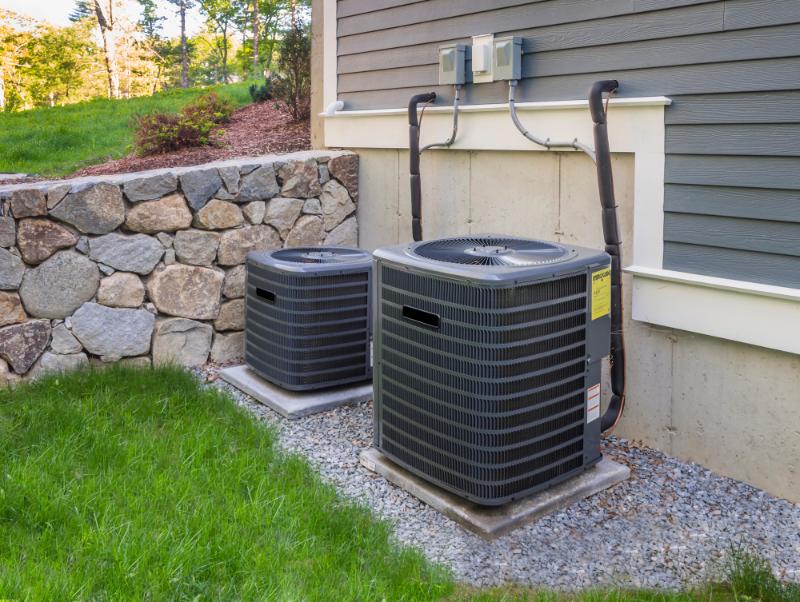Buying a home is a significant milestone in anyone’s life, symbolizing stability, security, and the fulfillment of dreams. You’re not just buying a house; you’re building a home where cherished memories will unfold, where laughter and love will echo through the halls, and where life’s most precious moments will be shared. However, amidst the excitement of house-hunting and picturing your future in a new space, it’s easy to overlook the flaws if you’re not careful. But try to be prudent, and make sure you get these 7 things inspected before you sign on the dotted line.

1. Foundation and Structural Integrity
The foundation of a home is its literal backbone, providing support and stability to the entire structure. A compromised foundation can lead to a host of problems, including uneven floors, cracks in the walls, and even structural failure. During a home inspection, a qualified inspector will thoroughly examine the foundation for any signs of damage or instability. This includes inspecting the walls, floors, and basement for cracks, leaks, or shifting. Additionally, they’ll check for proper drainage and ensure that the foundation is structurally sound. Addressing any issues with the foundation before purchasing a home can save you from costly repairs down the road.
2. Plumbing and Electrical Systems
Plumbing and electrical systems are the lifelines of any home, providing essential services that we often take for granted. A thorough inspection of these systems is crucial to ensure that everything is in good working order. During a plumbing inspection, the inspector will check for leaks, water pressure, and the condition of pipes and fixtures. They’ll also inspect the water heater and sewage system to ensure they’re functioning properly. Similarly, an electrical inspection will assess the wiring, outlets, and circuit breaker to identify any potential hazards or code violations.

3. Roof and Attic
The roof is your home’s first line of defense against the elements, so it’s essential to ensure that it’s in good condition. A professional roof inspection will assess the roof’s integrity, looking for signs of damage, wear, or deterioration. This includes inspecting the shingles, flashing, gutters, and any chimneys or vents. Additionally, the inspector will check the attic for proper insulation, ventilation, and signs of leaks or water damage. It’s also worth noting that some roofing contractors, such as Mend Roofing, offer specialized services that can help extend the life of your roof and prevent future problems. A thorough inspection of the roof and attic can uncover hidden issues that could lead to costly repairs if left unaddressed.
4. HVAC Systems
Heating, ventilation, and air conditioning (HVAC) systems are essential for maintaining a comfortable and healthy indoor environment. During a home inspection, the HVAC system will be thoroughly evaluated to ensure that it’s operating efficiently and safely. This includes inspecting the furnace, air conditioner, ductwork, and thermostat for any issues or deficiencies. A well-maintained HVAC system can significantly impact your energy bills and overall comfort, so it’s essential to have it inspected before purchasing a home. Additionally, regular maintenance and servicing can help prolong the life of your HVAC system and prevent costly breakdowns.

5. Insulation and Energy Efficiency
Proper insulation is key to maintaining a comfortable and energy-efficient home. During a home inspection, the inspector will assess the insulation levels in the walls, attic, and crawl spaces to ensure they meet current standards. They’ll also look for any gaps, leaks, or deficiencies that could compromise energy efficiency and indoor comfort. Investing in proper insulation can help reduce heating and cooling costs, improve indoor air quality, and make your home more environmentally friendly.
6. Exterior and Drainage
The exterior of your home plays a crucial role in protecting it from the elements and maintaining its curb appeal. During a home inspection, the inspector will assess the exterior walls, windows, doors, and landscaping for any signs of damage or deterioration. This includes looking for cracks, rot, or water damage that could indicate underlying issues. They’ll also check the grading and drainage around the property to ensure that water is properly directed away from the foundation. Addressing any exterior issues before purchasing a home can prevent costly repairs and preserve the value of your investment.
7. Environmental Concerns
Finally, it’s essential to consider any environmental concerns that may affect the health and safety of your home. This includes testing for radon, mold, lead paint, and other hazardous substances that could pose a risk to you and your family. Additionally, if the home is located in an area prone to natural disasters such as floods or wildfires, it’s crucial to assess the risk and take appropriate precautions. Investing in environmental testing and mitigation measures can provide peace of mind and protect your investment for years to come.
Buying a home is a major decision, and it’s essential to approach it with care and diligence. By having these seven key areas inspected before you buy, you can ensure that your new home is safe, healthy, and free from major defects. While inspections may require an upfront investment, they can ultimately save you time, money, and stress in the long run. Remember, a thorough inspection is your best defense against surprises and costly repairs. So before you make the biggest purchase of your life, be sure to do your due diligence and invest in a professional home inspection. Your future self will thank you for it.


